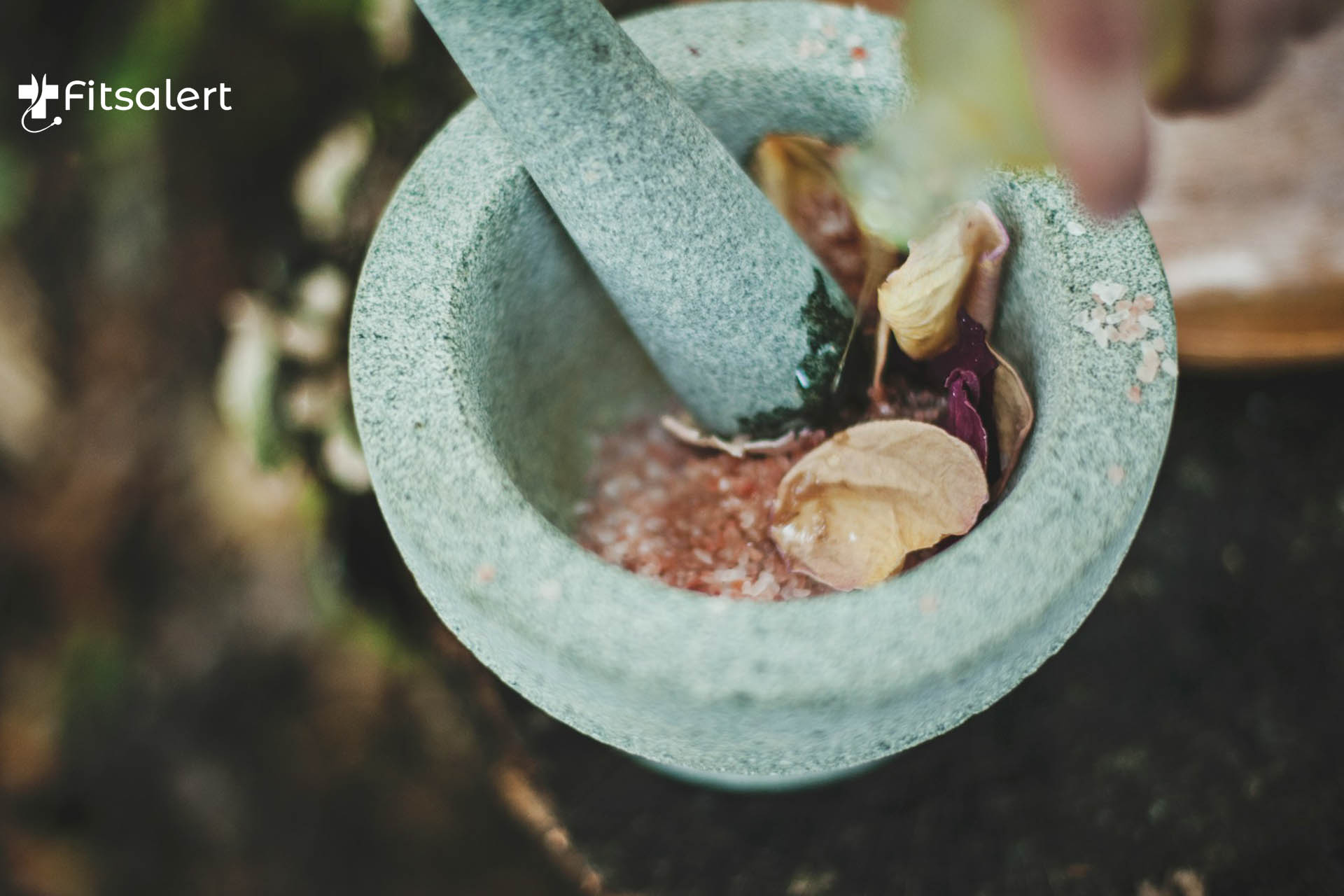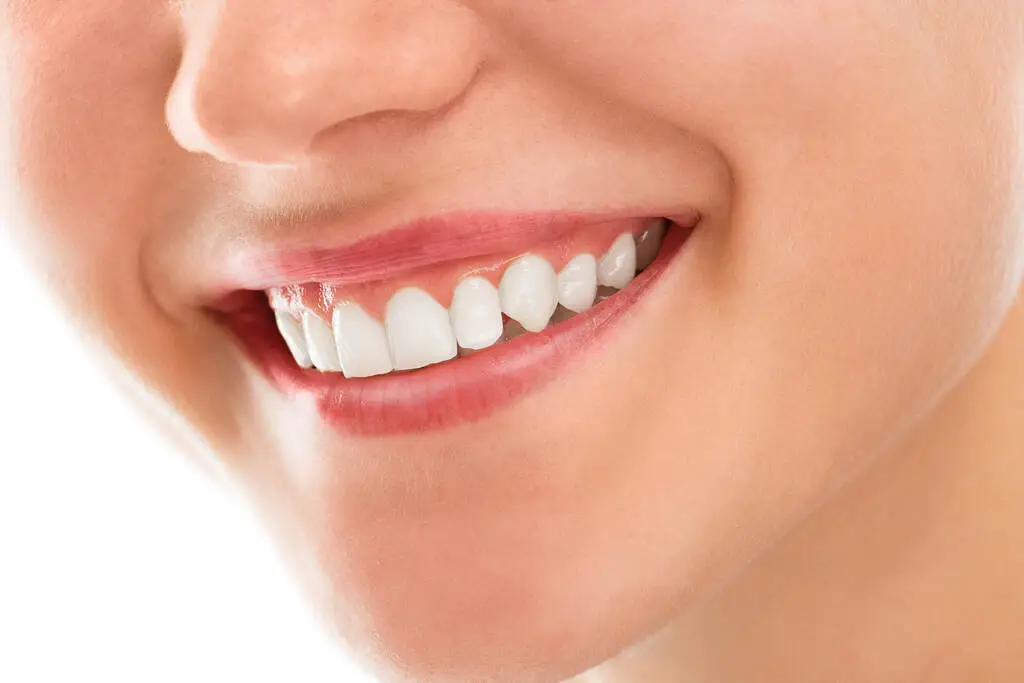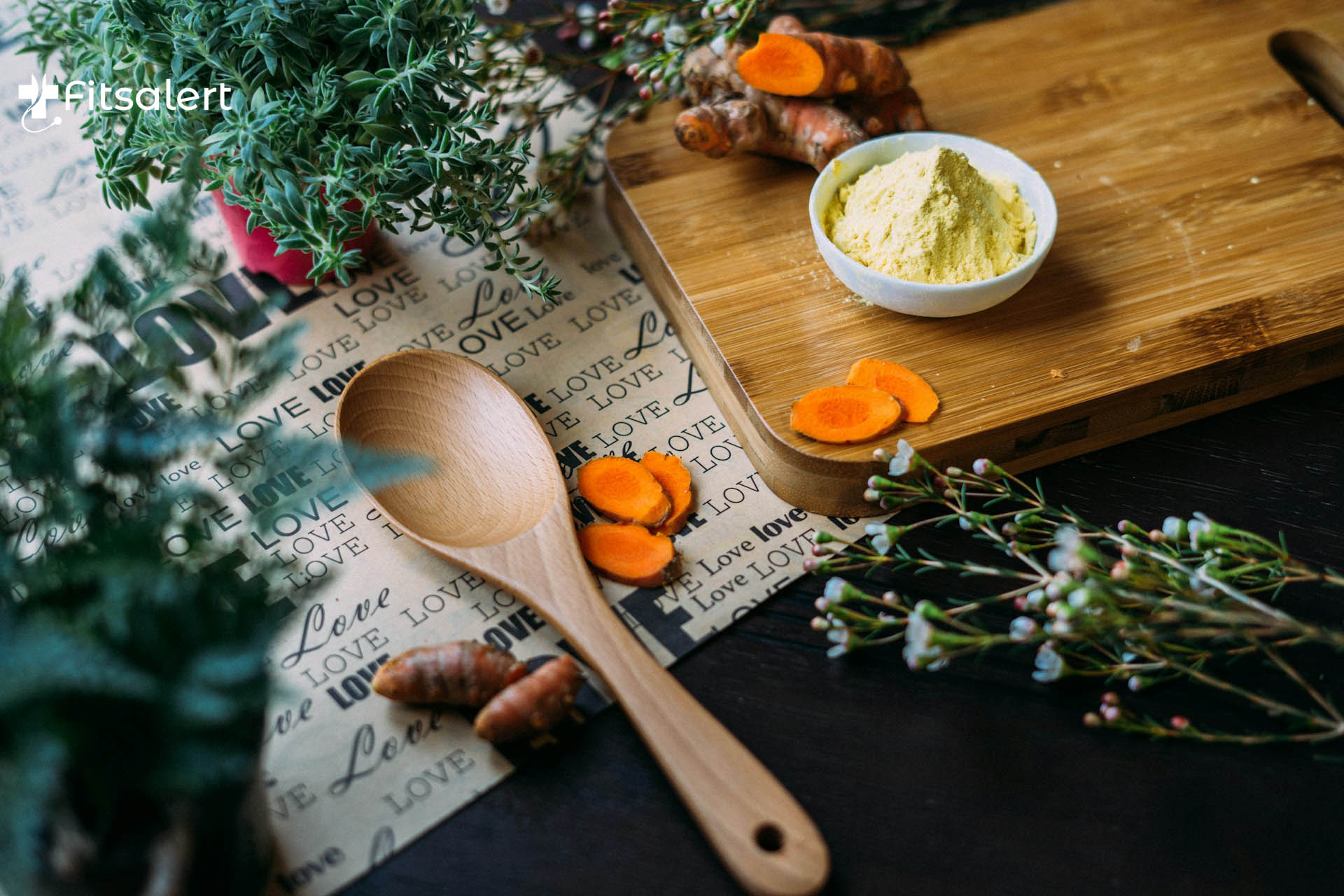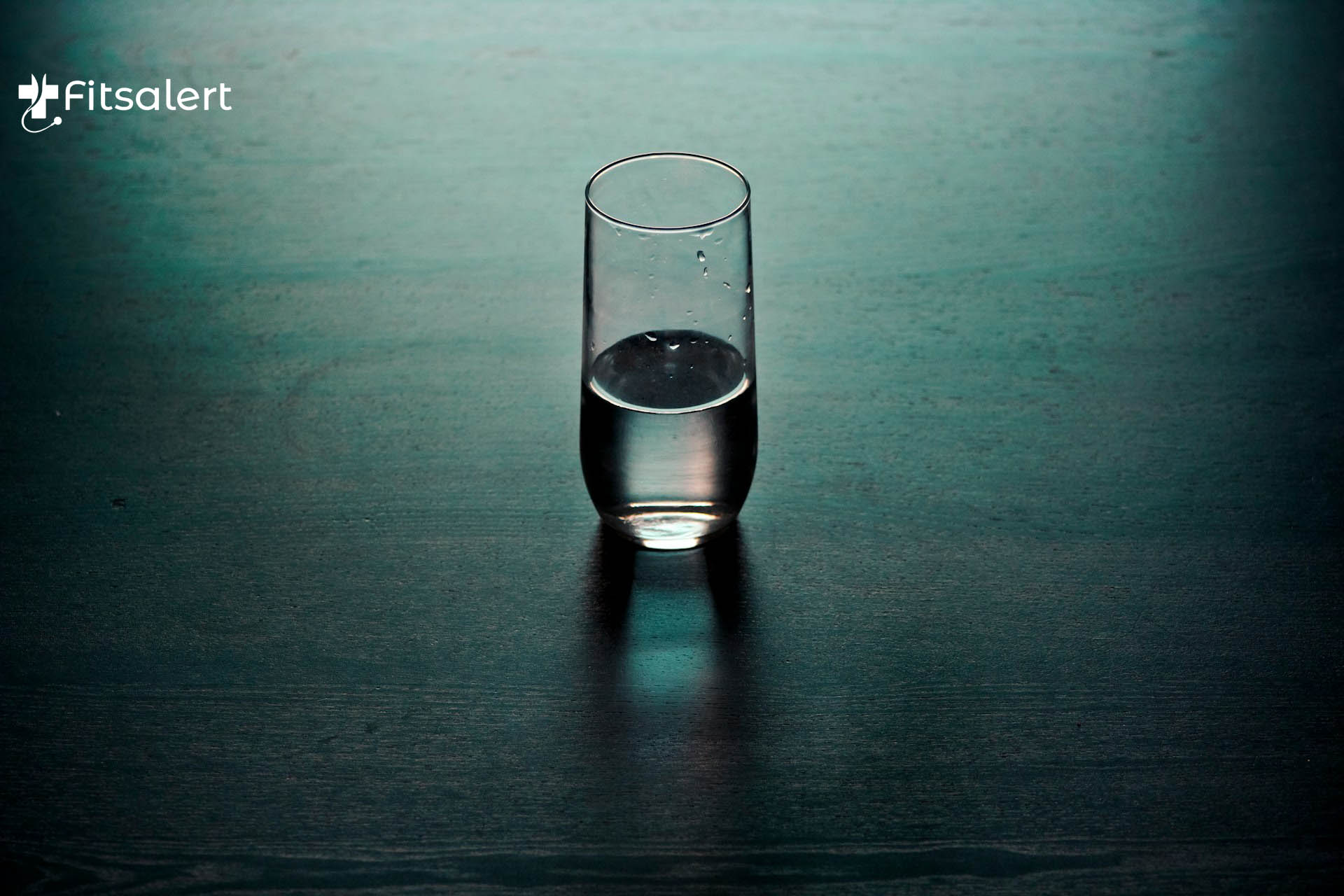Staying hydrated can make passing kidney stones easier. Certain substances like apple cider vinegar and lemon juice may also help dissolve kidney stones, making them easier to pass. Increasing your fluid intake can aid in passing kidney stones and reducing the likelihood of new ones forming.
Sufficient hydration helps flush out toxins and facilitates the movement of stones and release through your urinary tract. Moreover, incorporating specific additives into your water could offer further advantages.
Water
Increasing your water intake can help accelerate the process of passing kidney stones. Studies indicate that aiming for a daily urine output of about 2 liters is beneficial in preventing kidney stones.
Dehydration stands out as a primary risk factor for kidney stones, highlighting the importance of maintaining sufficient hydration to prevent the formation of additional stones. Monitoring the color of your urine is also essential. Ideally, it should be very light or pale yellow. Dark yellow urine indicates dehydration, signaling the need for increased fluid intake.
Lemon Juice
You can enhance your water by adding freshly squeezed lemon juice, which contains citrate. Citrate is known to prevent the formation of calcium stones in the kidneys and can also help break down small stones, making them easier to pass. While a significant amount of lemon juice may be necessary to have a noticeable impact, even a small amount may provide some benefits.
A recent study in 2020 discovered that potassium citrate supplements aided in reducing risk factors associated with kidney stones among individuals with a history of kidney stone formation. In addition to its potential for kidney stone prevention, lemon offers various other health benefits. It possesses antibacterial properties, inhibiting the growth of bacteria, and is a rich source of vitamin C.
Apple Cider Vinegar
Believers attribute apple cider vinegar’s acetic acid to dissolving kidney stones and alleviating associated pain. Studies suggest that vinegar consumption might lower the risk of kidney stone formation.
Currently, a clinical trial is underway to evaluate the effectiveness of apple cider vinegar and other beverages in preventing kidney stones. To try this remedy, mix 2 tablespoons of apple cider vinegar with 6 to 8 ounces of water, limiting consumption to one 8-ounce glass per day.
Alternatively, you can incorporate apple cider vinegar into salads or salad dressings. However, excessive intake of apple cider vinegar may lead to issues like tooth enamel damage, acid reflux, or a sore throat. If you have diabetes or are on certain medications, consult with a healthcare professional before trying this remedy, as it may interact with medications such as insulin or diuretics like spironolactone (Aldactone).
Pomegranate Juice
Pomegranate juice is rich in antioxidants, which are believed to support kidney health and potentially aid in preventing kidney stones. Despite some beliefs, the National Kidney Foundation suggests that pomegranate juice does not have a significant impact on kidney stone prevention.
For those interested in trying it, the appropriate daily intake of pomegranate juice remains unclear. However, consuming one or two servings per day is likely safe for most individuals.
It’s important to note that pomegranate juice may interact with certain cholesterol-lowering medications, as highlighted by the American Stroke Association. If you are taking any medications, consult with a healthcare professional before incorporating pomegranate juice into your routine.
Horsetail
Horsetail is recognized for its diuretic properties, stimulating urine flow. According to a recent 2021 review, it possesses antibacterial and antioxidant attributes beneficial for urinary health. Additionally, it may aid in reducing inflammation and preventing the formation of calcium oxalate crystals, thus potentially averting kidney stones.
However, caution is advised, particularly for individuals with kidney disease, as highlighted by the National Kidney Foundation. Moreover, digestive issues and allergic reactions may occur in some users. Certain groups, including children, and pregnant or breastfeeding individuals, should not use horsetail.
Final Thoughts
Although passing a small kidney stone at home can be uncomfortable, it’s feasible with proper care. To alleviate pain, you can use over-the-counter pain relievers like acetaminophen (Tylenol), ibuprofen (Advil), or naproxen (Aleve).
However, it’s essential to adhere to your doctor’s advice and abstain from alcohol consumption during this time. After passing a kidney stone, consider saving it for analysis by straining your urine. A urine screen obtained from your doctor’s office can aid in this process. By identifying the stone’s composition, your doctor can create a tailored prevention plan to avoid future occurrences. Discuss potential lifestyle adjustments with your doctor to prevent the formation of additional kidney stones.
Before attempting any home remedies, herbs, or supplements, consult with a healthcare professional. It’s important to note that these supplements are not FDA-regulated for quality and purity, so thorough research on both the products and their sources is advisable.















